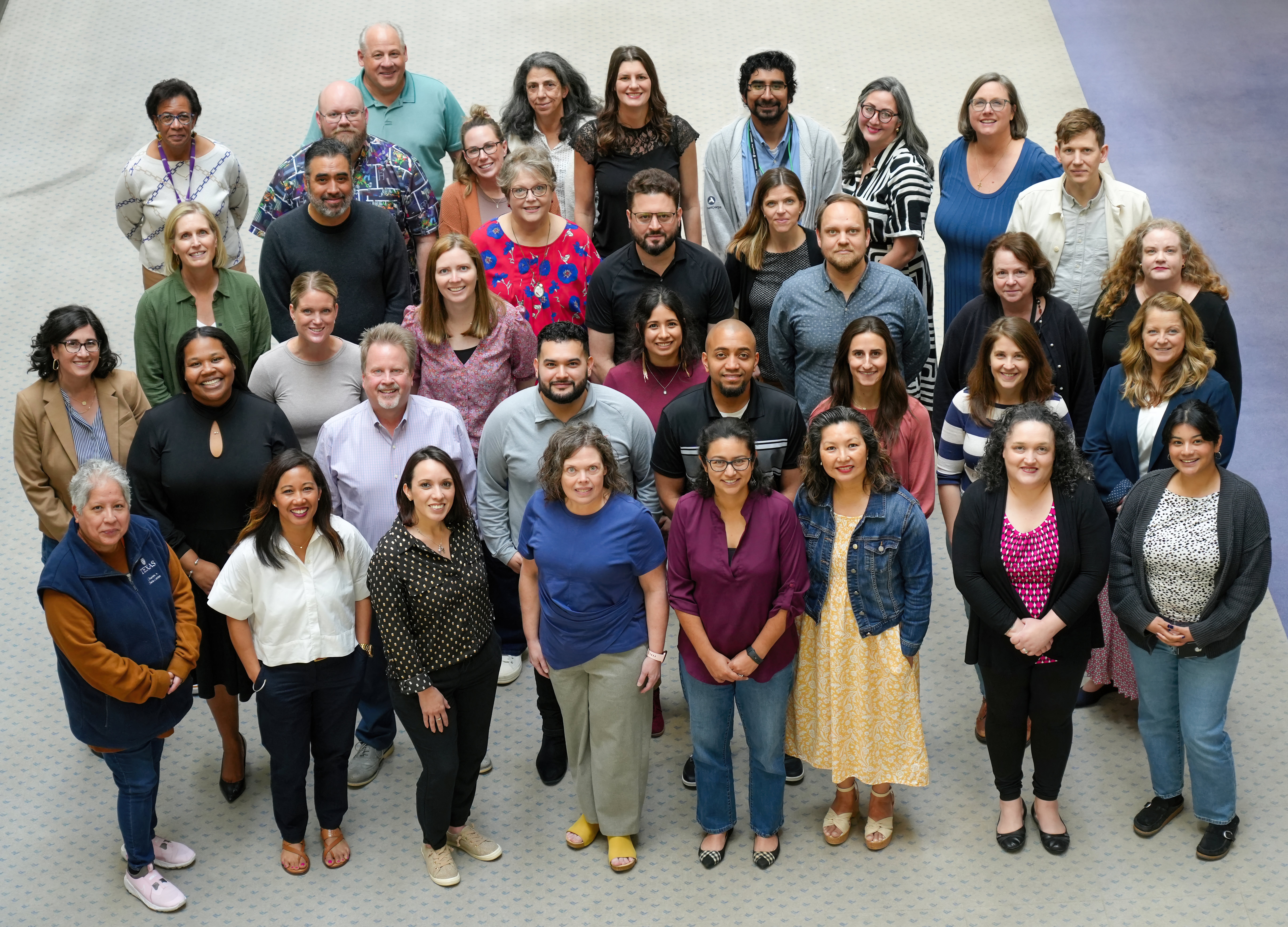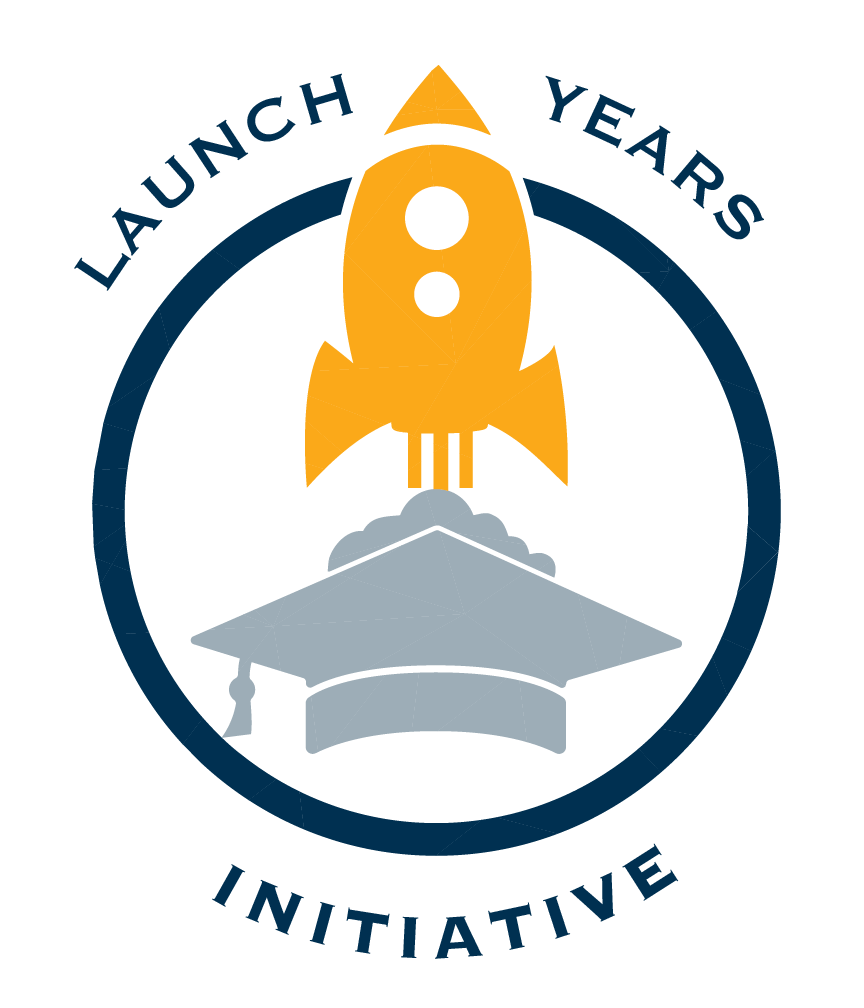
Reshaping Our Students’ Futures
I am a math person. I constantly count, sort, and order things. I observe patterns. I create. I nimbly reason with logic and think critically to solve problems, oftentimes with limited or incomplete information. I take risks.
You are a math person. You calculate time and distance when you are planning a trip. You make sense of polling data during election seasons. You reason with logic to better understand the world around you. You take pieces of complex information and create something new from it.
Math is a tool of opportunity and empowerment. It fuels exploration, entrepreneurship, and innovation. The beauty of math is that it does not require you to love it or hate it—it simply is. It is one of the most egalitarian aspects of human life. It is open to anyone willing to engage with it, to learn its rules, and to explore its endless possibilities.
As educators, we are charged with a high and honorable responsibility: to embrace and assert that we are math people and to empower others—our students, colleagues, families, and communities—by creating and advancing education systems that encourage full participation in mathematics, not as a subject area but as a tool for human life.
When we do this, we reshape the future of our country. We provide the skills necessary to build a more informed and capable citizenry, one that can meet the challenges of the modern world—economic, social, and environmental.
I am a math person. You are a math person. We are math people. Let’s reshape the future of America together.
The Center’s 2024 Accomplishments

Last year, the work of the Center yielded substantial impact across four of our main strategies.
Math Pathways: Launch Years Initiative (LYI)
Fifteen of the 22 states that participated in LYI in 2024 were focused on the successful and sustainable implementation of mathematics pathways. Of the 15 states:
12 states modernized K–12 math instructional content and resources.
11 states formed a state-level leadership task force to oversee the development and operationalization of math pathways best practices.
11 states changed math education policies to be more conducive to implementing math pathways.
11 states engaged in the development of K–16 education leaders across their states.
5 states designed math pathways that centered the experiences of various student groups.
Professional Learning and Implementation
More than 5,000 Louisiana K–12 educators completed 50 hours of state-mandated numeracy professional learning courses developed by the Center. In the recently released rankings on the Nation’s Report Card, Louisiana is experiencing tremendous growth in their students’ achievements through the state’s focus on meaningful professional learning.
Curriculum
The Center developed course frameworks and designed other curricular resources to modernize content for math pathways.
- Middle and high school: Our curriculum, published by Agile Mind, was used in more than 1,000 schools across 28 states with an estimated 250,000 students.
- High school: We developed fourth-year math course frameworks for statistics, data science, and integrated statistics and quantitative reasoning (ISQR).
- Postsecondary course development:
- In collaboration with the Texas Higher Education Coordinating Board (THECB) Digital Design for Student Success (D2S2), we developed versions of Introductory Statistics, Quantitative Reasoning, and College Algebra for the OER TX D2S2 Hub.
- Our gateway courses, supported by the Lumen OHM platform, were used by approximately 10,000 students across the country.
Early Literacy
Of the 2,576 K–2 students served in 2024 by our early literacy program, Literacy First, 80 percent showed measurable improvement in their reading skills. Their growth was almost three times as much as that of their peers.
Looking Ahead
In addition to the Center’s external priorities, one of our main internal goals in 2024 was to build the Center’s internal capacity for innovation. Through our inclusive thought partnership opportunities, here are the strategies we landed on to advance in 2025.
- Workforce Connections and Collaborations: Create partnerships and systems for productive, agile, and sustainable connections to the workforce.
- Learner Support Systems: Strengthen systems of learner supports across K–16 education.
- Early Education: Create structures for high-quality numeracy and literacy experiences in early grades.
Staying Connected
The Center’s work would not be possible without our dedicated partners. I look forward to continuing this work alongside you. Let’s connect when we see each other and find me on LinkedIn.
Through our work together, each student will be afforded access and opportunities to manifest a life for which they will be proud, actively participating in a thriving US democracy and world economy.
With immense gratitude,
Afi
About the Author
Afi Y. Wiggins, Ph.D.
As the Dana Center managing director, Afi oversees the Center’s work, ensuring that our vision and mission continue to be at the heart of all that we do. She establishes long-term strategic goals and prioritizes partnership development. Afi supervises and supports directors who lead teams enacting the portfolio of projects and activities supported by the Center.
Get in Touch
How can the Dana Center work with you to ensure that our nation's students are ready for postsecondary education and the contemporary workforce?

